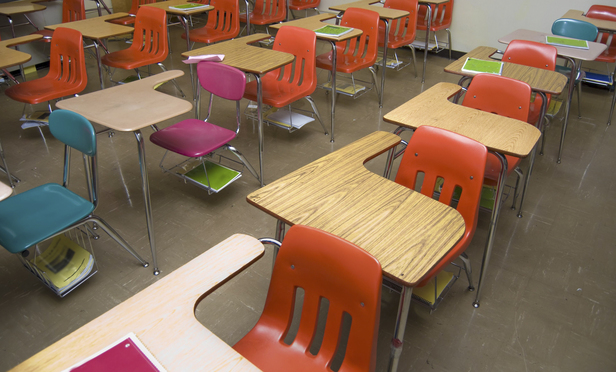The U.S. Court of Appeals for the Third Circuit recently ruled that the statute of limitations for claims brought under the Individuals with Disabilities Education Act (IDEA) is two years from the reasonable discovery date of the violation. However, the court also ruled that a timely claim can extend as far back as the student’s rights were violated. While this provides much needed clarity on the statute of limitations, it creates a much wider window for collection on compensatory education claims and exposes local educational agencies, including public school districts and charter schools, to increased liability.
The IDEA is a federal law that outlines rights and regulations for the education of students with disabilities. Under the IDEA, all children with disabilities are entitled to a free and appropriate education (known as FAPE) in the least restrictive environment possible. The IDEA strives not only to grant equal access to students with disabilities, but also to provide procedural safeguards to students and parents. If a dispute arises between a parent and public school regarding special education services, either party may request a due process hearing. The Pennsylvania Department of Education, as mandated by federal law, provides for and oversees the due process hearing system, which includes the appointment of an impartial hearing officer to conduct the hearing. If a hearing officer finds that a student has been denied FAPE, that student may be awarded compensatory education. This remedy is meant to compensate the student for the educational services that he or she should have received. The hearing officer will generally award a particular number of hours, which the local educational agency can convert to a dollar amount to be used for educational services. The decision of a hearing officer is final and appealable to a court of competent jurisdiction.



